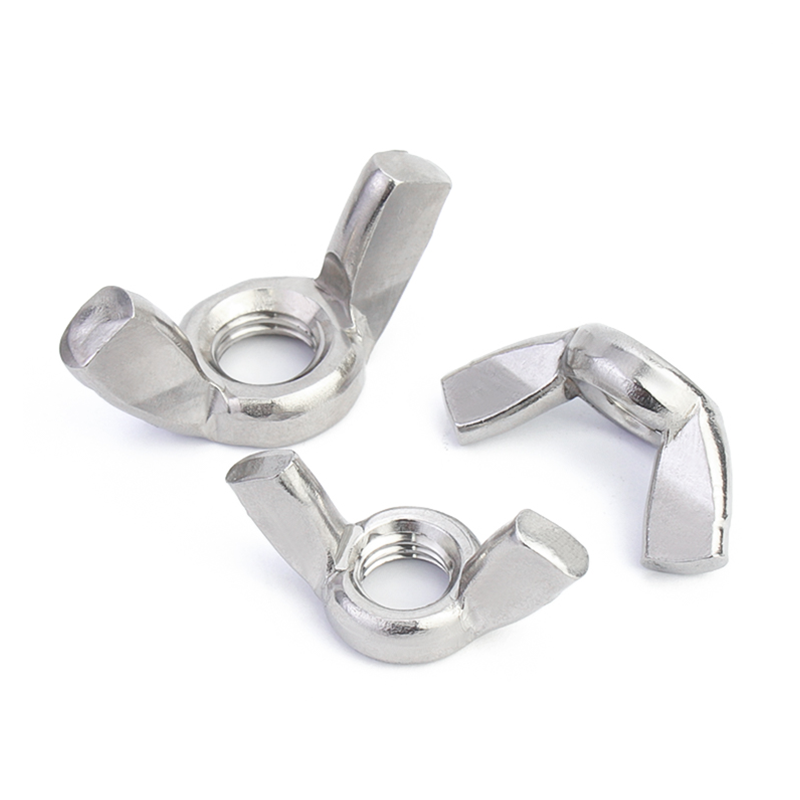

Selecting the Ideal Self-Tapping Screws for Efficient Gutter Installation and Maintenance
Dec . 05, 2024 07:47 Back to list
Selecting the Ideal Self-Tapping Screws for Efficient Gutter Installation and Maintenance
Choosing the Right Self-Tapping Screws for Effective Gutter Installation
When it comes to installing or repairing gutters, the importance of using the right hardware cannot be overstated. Among the critical components of a reliable gutter system, self-tapping screws play a pivotal role. Unlike traditional screws, self-tapping screws are designed to create their own threads as they are driven into materials, saving time and ensuring a secure fit. However, not all self-tapping screws are created equal, and selecting the appropriate type for your gutter installation can significantly impact the longevity and functionality of your system.
Understanding Self-Tapping Screws
Self-tapping screws come in various types and are made from different materials, making them suitable for different applications. The key feature of self-tapping screws is their ability to cut into metal, wood, or plastic without the need for pre-drilling, which is particularly beneficial in gutter installations where speed and efficiency are essential.
Types of Self-Tapping Screws
1. Metal Sheet Screws These screws are specifically designed for attaching metal to metal, which is often the case with aluminum or steel gutters. They are equipped with sharp threads that can easily penetrate metal, ensuring a solid attachment.
2. Wood Screws While less common in gutter installations, wood screws can be useful in applications where gutters are supported by wooden structures. Ensure that these screws have corrosion-resistant coatings to prevent rust from affecting the integrity of the wood.
3. Plastic Screws If you're working with vinyl gutters, opt for self-tapping screws designed specifically for plastic. These screws have specialized threads that prevent cracking and provide a secure hold without damaging the material.
Factors to Consider
When choosing self-tapping screws for your gutter installation, consider the following factors
- Material Compatibility The screw material should correspond with the material of your gutters. For instance, stainless steel screws are ideal for aluminum gutters as they provide resistance to rust and corrosion.
choosing the right self-tapping screws for effective gutter

- Coating Look for screws with protective coatings such as zinc or epoxy. These coatings help resist corrosion, which is essential in outdoor applications where exposure to rain, sun, and varying temperatures can lead to premature rusting.
- Length and Diameter The length and diameter of the screws should match the thickness of the materials being joined. A screw that’s too short may not provide a secure hold, while one that’s too long could penetrate too far, damaging underlying surfaces.
- Thread Design The design of the threads plays a significant role in how well a screw can hold up under stress. Coarse threads offer better grip in softer materials, while fine threads can provide a more reliable hold in harder substances.
Installation Tips
1. Pre-Drill if Necessary While self-tapping screws are designed to eliminate the need for pre-drilling, in some cases—especially with very hard materials—pre-drilling a pilot hole can enhance performance and prevent stripping.
2. Use the Right Tools Ensure you have the appropriate power tool with adjustable torque settings. Over-tightening can strip the threads and compromise the hold.
3. Seal Gaps After installation, consider sealing the screw heads and any joints with silicone caulk to prevent water infiltration, which can lead to mold and structural damage.
4. Regular Inspections Over time, inspect your gutters for loose screws or signs of damage. Regular maintenance can prolong the lifespan of your gutter system significantly.
Conclusion
Choosing the right self-tapping screws is crucial for an effective gutter installation. By selecting screws that are appropriate for the materials used, considering factors such as coating and thread design, and following proper installation protocols, homeowners can ensure that their gutters remain secure and functional for years to come. With the right hardware in place, your gutter system will be better equipped to handle heavy rains and prevent water damage to your home.
Latest news
-
High-Strength Hot-Dip Galvanized Bolts-Hebei Longze|Corrosion Resistance&High Strength
NewsJul.30,2025
-
Hot Dip Galvanized Bolts-Hebei Longze|Corrosion Resistance&High Strength
NewsJul.30,2025
-
Hot Dip Galvanized Bolts - Hebei Longze | Corrosion Resistance, High Strength
NewsJul.30,2025
-
High-Strength Hot Dip Galvanized Bolts-Hebei Longze|Corrosion Resistance, Grade 8.8
NewsJul.30,2025
-
Hot Dip Galvanized Bolts-Hebei Longze|Corrosion Resistance,High Strength
NewsJul.29,2025
-
High-Strength Hot Dip Galvanized Bolts - Hebei Longze Metal Products Manufacturing Co., Ltd.|corrosion resistance&high strength
NewsJul.29,2025

